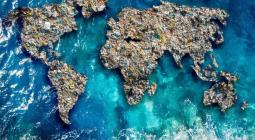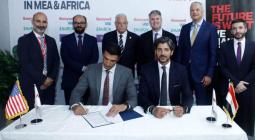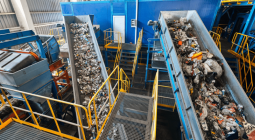TOGO: in Davié, the FAO encourages the recycling of plastic waste on the coast
With coastal erosion a daily concern for the financial health of Togo's marine ecosystems, some twenty fishermen from the town of Davié were recently taught how to recycle plastic waste, most of which ends up on the coast.
The Food and Agriculture Organization of the United Nations (FAO) has just completed a three-day training workshop for fishing communities in southern Togo. The aim of the initiative, held in the town of Davié, 30 kilometres from Lomé, was to raise awareness and train 20 learners in the recycling of plastic waste at sea. This is because the non-biodegradable packaging used by local residents and port companies ends up in the middle of the beaches and reaches the depths of the ocean.
It’s a phenomenon that has been growing over the years, affecting the health of marine ecosystems. “The overall aim is to raise awareness in these communities of the harmful effects of marine plastic waste, and to train women in particular in income-generating activities linked to the recycling of this waste”, explains Yawovi Kohoe, an expert in animal and fisheries sectors at the UN agency. The training is part of the global GloLitter partnership between the FAO, the Norwegian government and the International Maritime Organisation (IMO).
An international agreement in the making
It aims to prevent and reduce the presence of marine litter in “island developing states and least developed countries (LDCs)”. It should be noted that up to 6.9 million tonnes of plastic waste were dumped by the 17 coastal countries of West Africa in 2018, according to the West African Coastal Management Programme (WACA) supported by the World Bank. The Togolese capital alone generates 320,000 tonnes of plastic waste a year. That’s almost twice what the whole of Niger produces (192,000 tonnes a year, according to the Swiss-based Fondation Hirondelle).
The circular economy comes up again and again in the list of solutions advocated worldwide to solve the plastic crisis, including in marine environments. Some are betting more on the tightening up of environmental protection legislation. For the time being, the international agreement to put an end to plastic pollution is still being drawn up by an Intergovernmental Negotiating Committee (INC). It should come into force by 2024, with the aim of regulating “the entire life cycle of plastics, including their production, use and disposal”.
Cover photo: By AFRIK21





